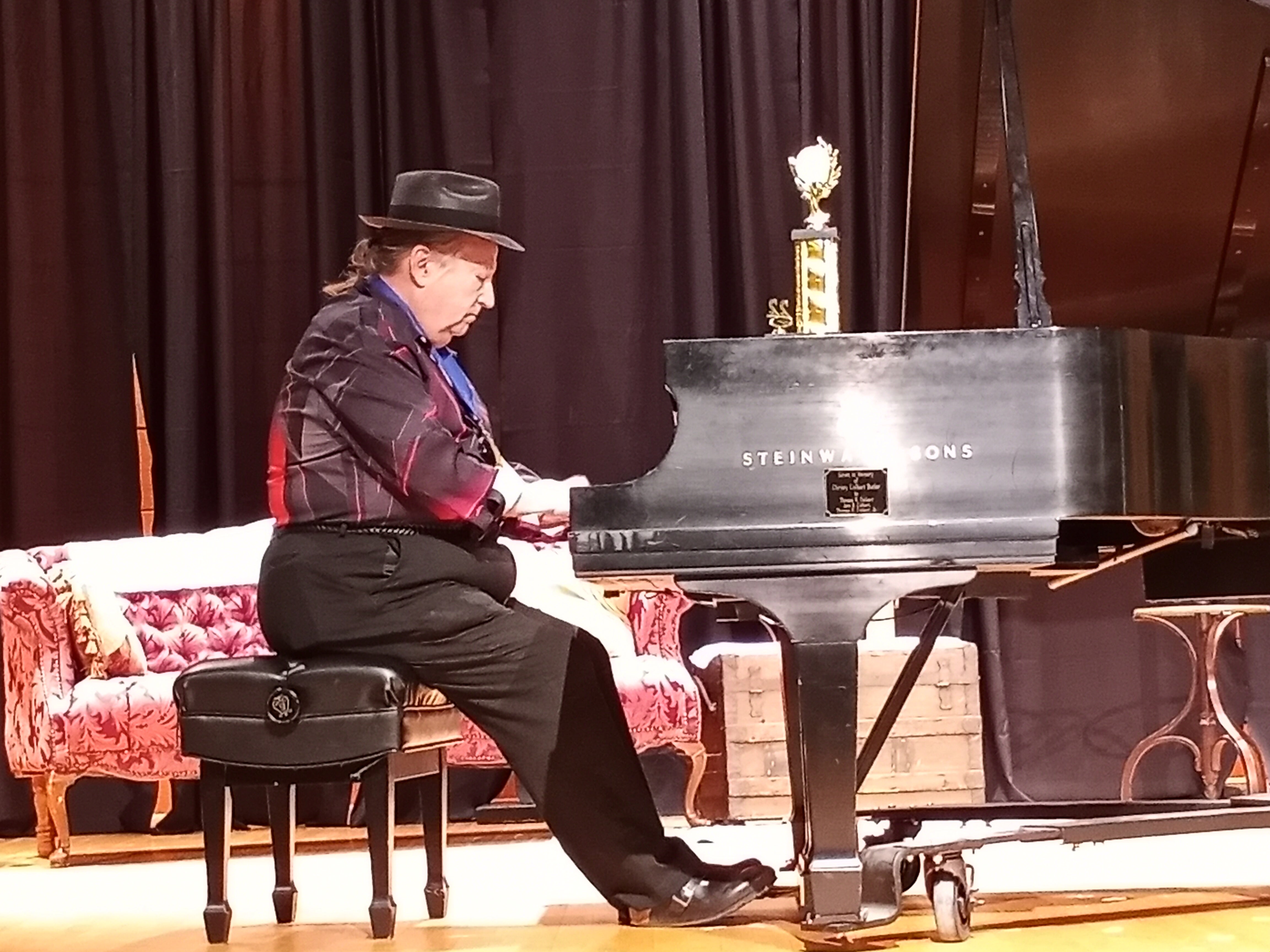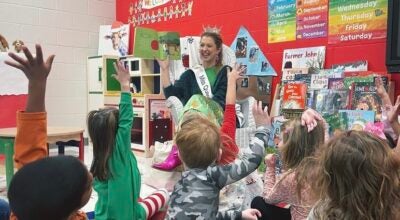Magnolia Montessori celebrates Black History Month
Published 10:30 am Friday, February 9, 2018
Magnolia Montessori School hosted a discussion yesterday featuring Brenda Luckett and author Ellen Meacham, as part of Black History Month.
Luckett, a Clarksdale native who grew up during the Civil Rights Movement, is featured in Meacham’s book, “Delta Epiphany.” The book chronicles Robert F. Kennedy’s 1967 visit to the Mississippi Delta, and Luckett, whose parents were active in the movement, is one of the people who heard him speak.
Meacham says inviting Luckett to speak to the students put a face to the struggles African-Americans faced during the Civil Rights Movement.
“Part of the reason RFK came to Mississippi was to check on the status and welfare of children, so I interviewed children in each of the places he stopped,” Meacham said. “I thought that what was great about this is that [Luckett] could talk to the students about what life was like through the eyes of a child in a way they can connect with.”
Luckett, a retired schoolteacher and Ole Miss graduate, spent around an hour with the students, answering questions and telling stories about her childhood experiences.
“I saw nothing wrong with being a different color, never felt inferior or superior. I just thought we were different colors because God wanted different shades of people,” Luckett said. “I thought children were children and people were people. I still think that. It’s the way I was raised.”
One of the people she spoke about was Dr. Aaron Henry, who was a charter member of the NAACP in Mississippi, along with her father. Henry also served as president of the Mississippi NAACP.
After Henry’s home was bombed while his wife and children were inside, Luckett says she recalls men in the community working to guard Henry’s home around the clock.
“After the bombing, men in our community started taking shifts. Daddy would go to work, eat, take a bath and then take a shotgun and sit outside Doc’s house,” she said. “I felt like I was sacrificing something myself, because that was my dad out there on the front lines.”
Luckett also spoke about aspects of her childhood that many children take for granted, like eating inside a restaurant or stopping for gas during road trips to Chicago with her parents.
“When you drove to Chicago from Clarksdale, you knew there were certain places you could stop and use the bathroom, kind of like an underground railroad,” Luckett said. “But most places, you could buy their gas, but not use the restroom, so my dad would tell us not to drink anything. He was a real proud man, and he didn’t want his family to resort to using the bathroom outside.”
Margaret Seicshnaydre, executive director of the school, says it was important for students to have the opportunity to hear Luckett’s first-hand account of her childhood.
“It’s important to us to celebrate the contributions of black Americans by celebrating Black History Month, while also keeping focus on the progress that still needs to be made.” Seicshnaydre said.
Luckett echoed Seicshnaydre’s statement, saying that black history extends beyond the month of February.
“Accept black history as American history, because it really is. We really want to be acclimated to the point of being Americans, not just black people,” she said. “Because we want the same things you want. We fought for the same things you fight for. We don’t stop recognizing American history after a month, and we don’t stop recognizing women’s history, and that’s really what we want for black history.”





